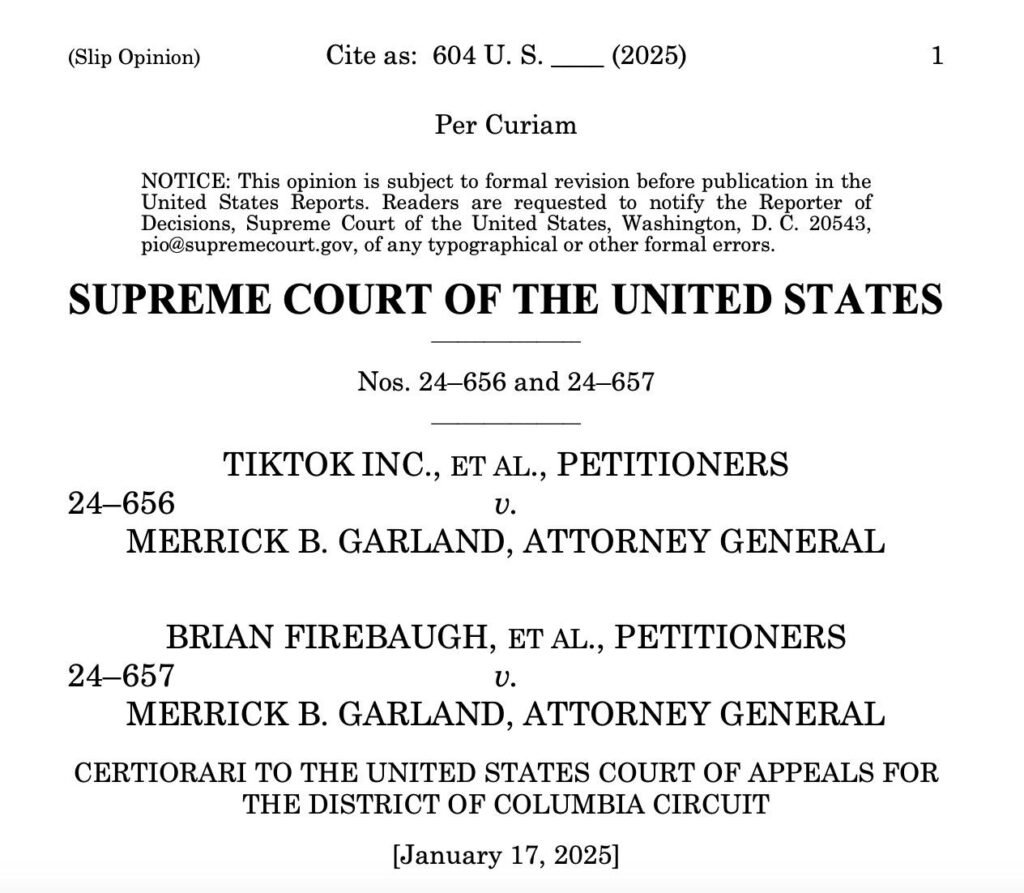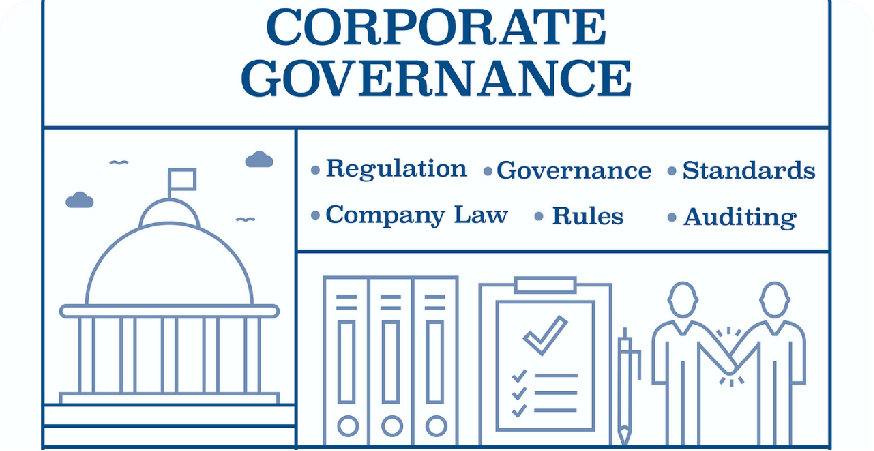Case Overview
In the enforcement case of Party A, the executing court B issued an “Assistance Execution Notice” to Company C and government department D and E. The notice required them to inform the court before paying out any project funds, and no payments should be made without prior notification. However, D and E failed to fulfill this notification obligation and made payments totaling 1.1 billion CNY between 2020 and 2023. Similarly, C misappropriated and embezzled funds into the shareholders’ personal accounts without notifying the court. How can Party A hold C, D, and E legally accountable?

Solution
- Party A can apply to executing court B to impose fines on C, D, and E according to Articles 117 and 118 of the Civil Procedure Law of the People’s Republic of China. Additionally, fines also be imposed on their responsible persons.
- Given the significant amount of 1.1 billion CNY, which constitutes a particularly large sum and serious circumstances, criminal liability should be pursued under Article 313 of the Criminal Law, as interpreted by the Supreme People’s Court’s Interpretation on Several Issues Concerning the Application of Law in Handling Criminal Cases of Refusing to Execute Judgments or Orders.
- Furthermore, based on Article 30 of the Supreme People’s Court’s Provisions on Several Issues Concerning the Work of Court Execution (Trial), it is requested that the court order C, D, and E to recover the 1.1 billion CNY plus interest within a specified period. If they fail to recover the amount within the specified period, they should be held liable to Party A for the amount already paid and the interest.
Legal Basis
Civil Procedure Law of the People’s Republic of China
Article 117: Parties obligated to assist in investigation or execution may be fined by the court if they:
– (a) Refuse or obstruct the court’s investigation and evidence collection;
– (b) Refuse to assist in inquiries, seizures, freezing, allocation, or valuation of property after receiving the court’s assistance execution notice;
– (c) Refuse to assist in withholding the judgment debtor’s income, transferring property ownership certificates, or handing over related documents or other property;
– (d) Refuse to assist in other ways.
The court may also impose fines on the main responsible person or directly responsible personnel of the party. Continued non-compliance may result in detention, and disciplinary suggestions may be made to supervisory or relevant agencies.
Article 118: Fines for individuals range up to 100,000 CNY. Fines for parties range from 50,000 to 1 million CNY. Detention periods are up to 15 days. Detainees are managed by public security during detention. If detainees admit and correct their errors during detention, the court may decide to release them early.
Interpretation by the Supreme People’s Court on Several Issues Concerning the Application of Law in Handling Criminal Cases of Refusing to Execute Judgments or Orders
– Article 1: Individuals obligated to execute, such as judgment debtors, assistance executors, or guarantors, who have the ability to execute but refuse to do so, causing serious circumstances, should be prosecuted under Article 313 of the Criminal Law for the crime of refusing to execute judgments or orders.
Criminal Law of the People’s Republic of China
– Article 313: [Crime of Refusing to Execute Judgments or Orders] Those who have the ability to execute but refuse to do so, causing serious circumstances, are subject to imprisonment of up to three years, detention, or fines. Particularly serious cases result in imprisonment of three to seven years and fines. Units committing this crime are fined, and responsible personnel are punished accordingly.
Provisions on Several Issues Concerning the Work of Court Execution (Trial) by the Supreme People’s Court
– Article 30: Units that receive a court’s notice to assist in the execution of a judgment debtor’s income and make payments to the judgment debtor or others without permission must recover the amount within a specified period. If not recovered within the period, they are liable to the applicant for the amount paid.







